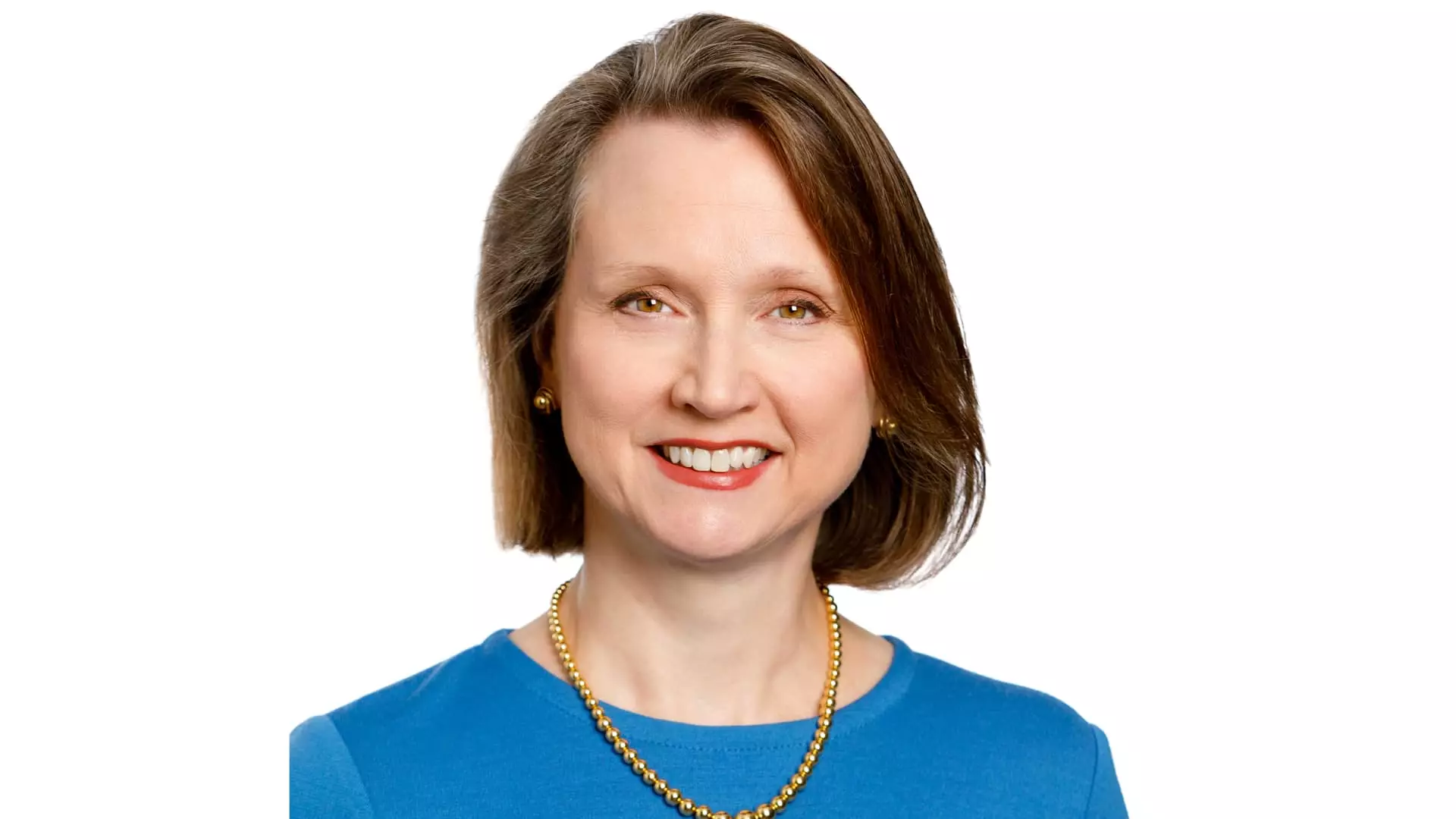The journey to leadership positions in finance is often paved with traditional pathways—finance degrees from renowned schools, internships at investment banks, and an early start in analyst roles. Yet Kathryn Glass, co-head of Federated Hermes’ high-yield fixed-income group, defies the mold. Her foray into the financial realm only began after an educational detour through Japanese literature, initially believing her career might lie behind classroom walls and literary texts. This perspective brings a refreshing reminder to the financial world: diversity in backgrounds can yield profound insights not commonly found in conventional training environments.
Glass’ path, marked by an undergraduate degree from the University of Pittsburgh and a master’s from Cornell, highlights a critical issue in finance: the often-overlooked value of soft skills and cross-disciplinary knowledge. In a sector where data analysis reigns supreme, her experience with language and cultural understanding adds invaluable depth to her role. It is crucial for leaders in finance, especially in high-stakes environments, to blend quantitative skills with the ability to interpret human behavior—something traditional finance curricula frequently neglect.
The Art of High-Yield Investing
Leading a team that manages approximately $13 billion in high-yield fixed income strategies, Glass emphasizes a defining yet often underappreciated aspect of her work: storytelling. Unlike traditional corporate finance, high-yield investing is more complex, tied closely to narratives surrounding companies in emerging or distressed conditions. This approach eschews mere number-crunching for an intricate understanding of business health and management objectives. Here, Glass manifests a critical viewpoint: it is not merely about the arithmetic of bond spreads or yield ratios, but about understanding the “why” and “how” behind financial reports.
The continual engagement with management teams allows her to strategically assess the companies that populate her portfolios. This nuanced perspective on risk management serves as a vital reminder: successful investing isn’t solely determined by algorithms or spreadsheets. The human factor—insights gleaned from conversations with executives and deep dives into company cultures—can substantially drive performance. This human-centric investment strategy stands in stark contrast to the sterile, numbers-driven frameworks that dominate the traditional investment landscape.
Market Dynamics: Riding the Risk Wave
Navigating today’s financial markets is anything but straightforward, as Glass acknowledges the trepidation behind current high-yield valuations. The precarious state of the bond market—characterized by tight spreads—presents a complex dilemma for investors. It’s similar to sailing a ship in calm waters while the horizon darkens ominously; one miscalculation, one market shock, could send the entire vessel careening off course.
Glass draws an astute parallel by referencing the “Goldilocks” scenario: a seemingly perfect economic state where everything appears just right. However, beneath this calm surface lie uncalculated risks that could lead to sudden repercussions. Her insistence on caution is not merely a contrarian stance, but rather a grounded belief in the cyclical nature of finance. The tendency of markets to misprice risk during prosperous times is all too familiar, and these periods of overconfidence often sow the seeds for more significant corrections when reality hits.
In essence, Kathryn Glass embodies the need for prudent capitalism that eschews reckless optimism in favor of measured responses to market conditions. In this context, investors must cultivate a mindset of preparedness, not just in financial acumen but in psychological readiness to act when opportunities arise amid chaos.
Quality Over Quantity: A Strategic Shift
In her current role, Glass has made a conscious pivot towards lower-spread, higher-quality names that still reside within the junk bond sector. This strategic choice reflects not just a transactional mindset but a clear ideology that seeks stability over chasing inflated returns. As less volatile companies come under scrutiny, it is crucial for investors to understand that not all bonds are created equal, nor should they be treated as such.
Glass’ approach calls for vigilance and an ability to pivot, highlighting an essential principle: within chaos, there remains an opportunity for informed decision-making. Her leadership exemplifies how adaptability in strategies can yield success even in uncertain environments. The fundamental shift towards higher-quality issuers within the high-yield domain is not a retreat but an evolution of strategy—emphasizing the need for astute selection and due diligence in all investment endeavors.
With Kathryn Glass at the helm, Federico Hermes is poised not just to weather the uncertainty of financial markets but to thrive amid complexities that inevitably arise. Her journey and philosophies serve as a powerful reminder that in finance, as in life, the ability to blend diverse experiences and skills can lead to groundbreaking success and resilience.

